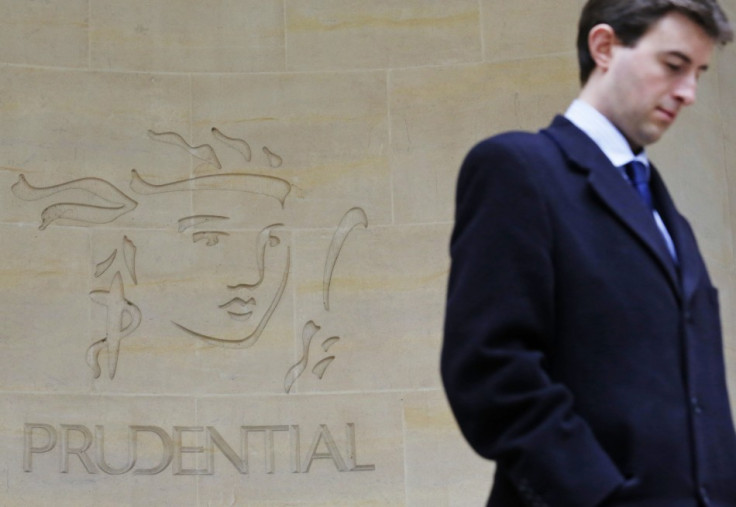Prudential Shares Rise on 22% Surge in Half-Year Profits

Shares in Prudential rose significantly after the British insurer reported a 22% increase in profits, for the first half of the year, following rapid growth in its Asia business.
The company reported operating profit rising by a fifth to £1.4bn ($2.2bn, €1.6bn) for the six months ending in June. However, net income plunged by 57% to £506m.
Prudential also raised its interim dividend 15.8% to 9.73 pence per share.
Following the insurer's results announcement, Prudential shares rose by nearly 3% at 1,216 pence at 1142 BST.
"The group's profitable growth has again been led by Asia," said CEO Tidjane Thiam in a statement.
"Our focus on meeting the needs of our customers with well-designed products, on executing our strategy with discipline and on managing risk effectively has continued to allow us to deliver profitable growth and to generate increasing levels of cash."
"In Asia, our focus on meeting the needs of the fast-growing middle class of South-east Asia, combined with our allocation of capital prioritised towards regular-premium health and protection business, continued to deliver strong returns and earnings growth."
Outlook
Founded 165 years ago in London, Prudential has bucked the trend for being affected by the general European economic turbulence, while most of its competitors have suffered. This was primarily due to the company's strong focus on growing Asia, which is currently contributing nearly half of its sales.
Thiam said he remained confident for the rest of the year and focused on achieving the remaining objectives set in 2010, with Asia remaining a "significant opportunity" for the group.
"We will continue to implement our long-term strategy in Asia to meet the savings and protection needs of the Asian middle class, the key driver of our sustainable and profitable growth, and to focus on our strengths in the US and UK," he said.
The insured added that it is ready for the implementation of Solvency II - a common solvency framework for insurers set by the European Union - despite the considerable uncertainty surrounding the regulation due to delays.
© Copyright IBTimes 2025. All rights reserved.






















